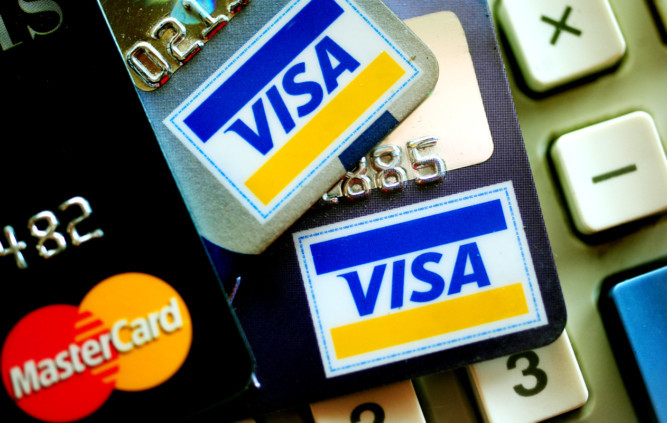FIFE COUNCIL has spent thousands of pounds of taxpayers’ money over the past five years on using corporate credit cards to withdraw cash.
Since 2007, nearly £4.3 million has been spent on the council’s credit cards for items such as flights, bowling trips and hotel stays for officials.
Fife Council, like most large organisations, uses procurement cards where the balance must be cleared each month.
But hundreds of cash withdrawals worth tens of thousands of pounds have also been made using the council’s cards since 2007.
Each time a withdrawal is made using a credit or procurement card, the user is charged a “cash advance fee”.
A full list of transactions carried out with Fife Council’s procurement card shows they were charged hundreds of these fees, ranging from just £2 to more than £1,600, over the past five years.
Buying travellers cheques, foreign currency or electronically transferring money can also incur a charge.
And the local authority has also spent thousands of pounds with retailers such as Amazon, Asda, Farmfoods and Lidl.
Their procurement cards were also used to pay for a £19 meal at Pizza Hut last year while more than £200 was spent on three items from an internet retailer selling bean bags.
Scotland’s local authorities spent a total of £145,763,217 on procurement cards over the past five years although six councils, including Dundee City, did not respond to the Freedom of Information request made by the Scottish Conservatives.
Angus Council spent just £93,654 while Perth and Kinross Council made purchases of £3.03 million on their credit and procurement cards.
Aberdeenshire Council spent £1,100 to have the rights to show the musical Grease, while Argyll and Bute spent £700 in restaurant Planet Hollywood.
Other notable examples from the past two years include East Ayrshire spending £100 on a Santa suit, £500 on skateboards, £30 on a “dog dazer”, £400 on glowstick necklaces, and a similar amount on two deluxe hairdryers.
Also included in the breakdown was East Lothian Council forking out £900 at Walt Disney Theatrical in London and Moray Council spending £2,000 on theatre tickets.
Among the smaller items revealed were a £35 investment from Fife Council trialling Facebook adverts.
Liz Smith, Scottish Conservatives MSP for Mid Scotland & Fife, said: “The £4,290,000 spent on credit cards since 2007 is extremely high compared to other Scottish Councils of a similar size and population.
“I have written to the chief executive of Fife Council seeking an explanation for how such a large sum of money has been spent by Fife Council on credit cards and seeking a review of the council’s policy on the use of credit cards and the accounting of such expenditure.”
Keith O’Donnell, head of financial services with Fife Council, said the cards save money by eliminating the need for petty cash.
He said: “Within services, every transaction is coded and approved by a budget holder so the details of all spend is monitored monthly.
“Because some teams do need the flexibility to buy things with cash, using purchasing cards to withdraw money is more cost effective than having lots of bank accounts, each incurring bank charges and requiring staff time to administer.”
A spokesman for Perth and Kinross Council said: “Credit cards and procurement cards are used, where appropriate, to make the most efficient use of the technology available to us to ensure that we purchase authorised goods and services via the internet or on the telephone.
“Perth and Kinross Council has robust internal controls for the governance and authorisation of all expenditure.
“In addition to those controls, the council is subjected to checks on all payment systems by both Internal Audit and by External Auditors.”
